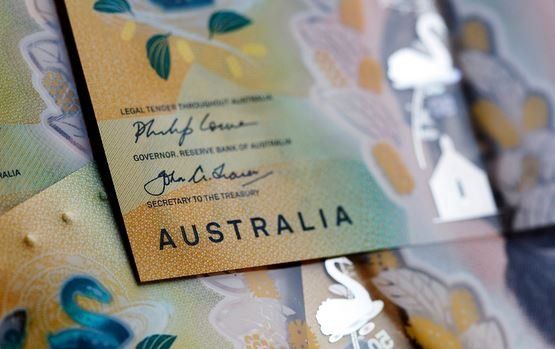Capital Gains Tax Concessions in Succession and Estate Planning
Careful planning may now be required to avoid an undesirable
Capital Gains Tax liability.

The recent increase in rural land values and commodity prices has meant that where historically a typical family farming enterprise has been considered a small business, careful planning may now be required to avoid an undesirable capital gains tax liability.
There are capital gains tax (CGT) concessions for small business entities which can eliminate all or part of the CGT on an asset sale or transfer. To be eligible for the small business entity status, the entity needs to amalgamate the assets and income turnover for all its connected and affiliated entities before applying the tests.
Under the current legislation your business must meet 'basic conditions' for the entity to be eligible for these small business concessions. To be eligible you must satisfy one of the following tests.
1) Your business entity's aggregated turnover (income from ordinary business such as produce sales) is less than $2 million for the current or previous financial year; or
2) The maximum net assets value test - the total net value of CGT assets owned by you and certain entities does not exceed $6 million just before the CGT event. That is, the market value of the CGT assets less any liabilities which are related to those assets.
There is a strategy to take advantage of the small business entity CGT concessions in the financial year following that which you do not satisfy at least one of the tests for the first time. In this subsequent year, the CGT concessions will still apply. For example, the entities assets were above the $6 million threshold and the income turnover is above the current $2 million threshold for the first time in the 2021/22 tax year, there is an opportunity to transfer suitable assets either directly to the next generation or into a discretionary trust as part of your succession and estate plan. This could uplift the cost base of the asset in the 2022/23 tax year whilst taking advantage of the CGT concessions. If this asset was transferred or sold in the future, the CGT will be reduced as the previously low-cost base has been uplifted to market value in the 2022/23 tax year.
Succession and estate planning
A discretionary trust structure can provide some asset protection and will enable you to pass control of the trust to your successor(s) and to split any future CGT between the beneficiaries of the trust.
While transferring land to a discretionary trust may save CGT in the future, this structure may not be suitable for all situations. Before starting this process, it would be worthwhile to review your current plans and ensure they are adequate.
Act now
If you believe that your entity's business may be impacted by not satisfying one of the conditions of the small business entity test in the future, please contact us to discuss your situation and we will develop a tailored plan to meet your needs.









